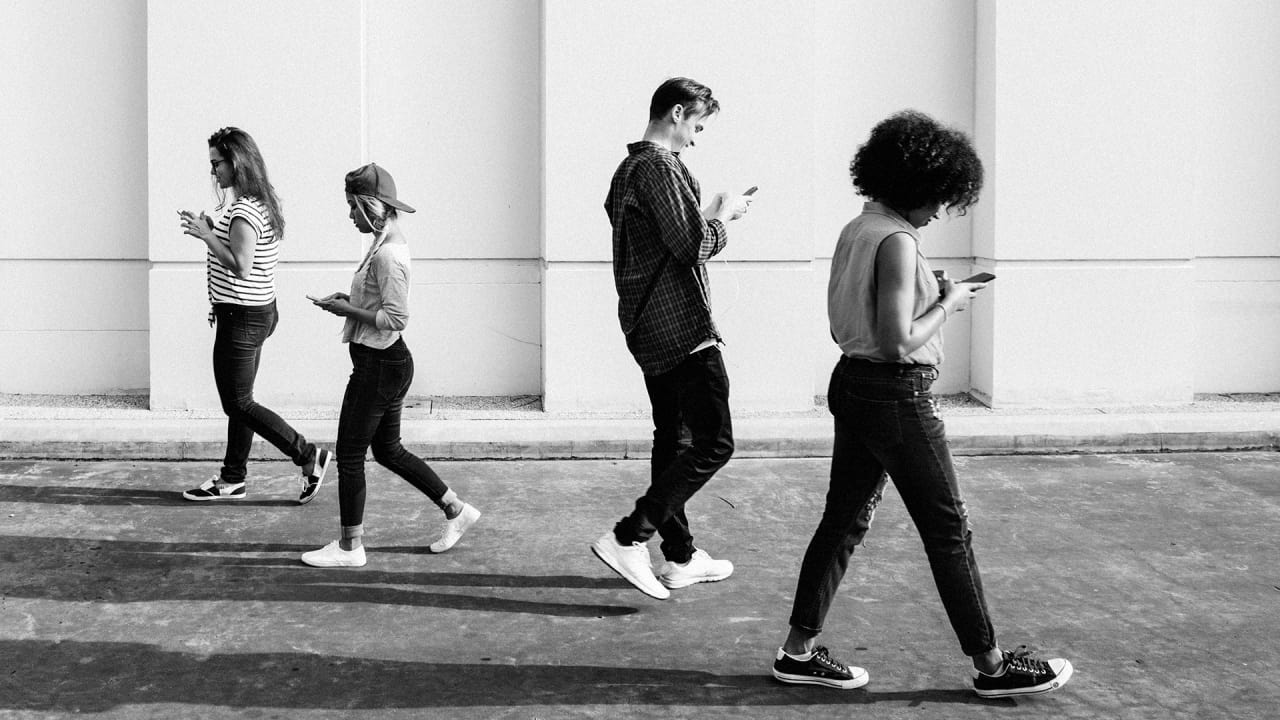Renewable Energy’s Unexpected Allies
Blogger’s Note: As Renewable Energy becomes a stronger driving force, it is beginning to pick up some unexpected heavy hitters. The Waste to Energy Systems Team is thrilled at how popular alternative energy is becoming and with each prominent backer, the success rate of these types of technologies improves by bringing awareness to the masses.
From the blog “Unlikely Coalition Forms To Back Renewable Energy” from huffingtonpost.com:

Nine of the country’s biggest companies just helped set a new standard for corporate sustainability. Goldman Sachs, Johnson & Johnson, Nike, Salesforce, Starbucks and Walmart are among the handful of hugely recognizable names that on Wednesday committed to using 100 percent renewable energy, with several expecting to reach their goals within the next decade.
Goldman Sachs set a target of 100 percent renewable energy by 2020, while Nike aims to hit that by 2025, and Johnson & Johnson by 2050. Procter and Gamble set its sights on a short-term goal for 30 percent renewable energy by 2020, while some companies, like financial services firm Voya International and furniture maker Steelcase, are closing in or have already reached a full reliance on renewable energy.
That these Fortune 500 firms have thrown their significant weight behind RE100, a global campaign to cut down on CO2 emissions by turning to renewable sources of energy, suggests a major shift in corporations’ awareness of their responsibility to lead their respective industries away from carbon.
And companies are realizing the business boost gained by placing financial incentives on themselves to use renewable sources. A recent report by the environmental nonprofit CDP, which organizes RE100 in partnership with The Climate Group, found that the number of companies putting a price on their carbon emissions has tripled since last year.
“Lowering risk, protecting against price rises, saving millions and boosting brand is what shaping a low carbon economy is all about,” Climate Group CEO Mark Kenber said in a statement.
The corporate sustainability movement is gaining speed: RE100 launched last year with 13 members, including Ikea, H&M, Nestle, Unilever and Mars. That number has since grown to nearly 40, with groups joining from across various industries. Recent members include financial services provider UBS and Dutch sciences company Royal DSM. Ikea, everyone’s favorite furniture go-to, has installed 700,000 solar panels on its buildings and last year generated renewal energy to match 42 percent of its total energy consumption. H&M, among the many retail outlets facing pressure for contributing to wasteful fast fashion, plans to cut its electricity usage by 20 percent by 2020.
Companies are finding various ways to harness efforts to reduce their carbon footprint as an economic opportunity. Under The B Team, a nonprofit led by top business leaders, companies like Unilever and Virgin are seeking to reach net-zero greenhouse gas emissions by 2050.
And as part of a coalition to promote sustainable business practices, HP expects to hit its emissions target early after partnering with SunEdison to rely on wind power, while L’Oreal is expanding its use of solar panels at various facilities across the globe. Kellogg will implement water reuse projects at one-fourth of its sites and has committed to zero net deforestation.



